Responses of the Wild Training Giant Panda to the Man-made Nest
doi: 10.16779/j.cnki.1003-5508.2015.06.004
- Received Date: 2015-09-23
-
Key words:
- Giant panda /
- Wild training /
- Man-made nest /
Abstract: The wild training can increase the survival rate of enclosed animals which will return in the wild,and the environmental richness is one of the training ways. According to the research for the wild training giant panda in China Conservation and Research Center for the Giant Panda (CCRCGP), it was found the mother giant panda would often carried off the cub very soon (2.31 ±0.82 minutes) if the cub was put in the man-made nest,the type of man-made nests had no impacts on the stay time. The mother giant pandas would never use the man-made nests on their own,mostly they would stay in the nest made by themseies. If the food was put in the man-made nest, the giant panda would leave soon (1.57 ±0.68 minutes) after the food was eaten up. Adding grasses or other material in the nest could not prolong the staying time (F=0.30,df=2,P=0.74),but the amount of food had positive correlation with the staying time significantly (r=0.82, P < 0.001). Mother giant pandas would more quickly leave the nest when the cub was at hand in order to prevent the cub from injury.











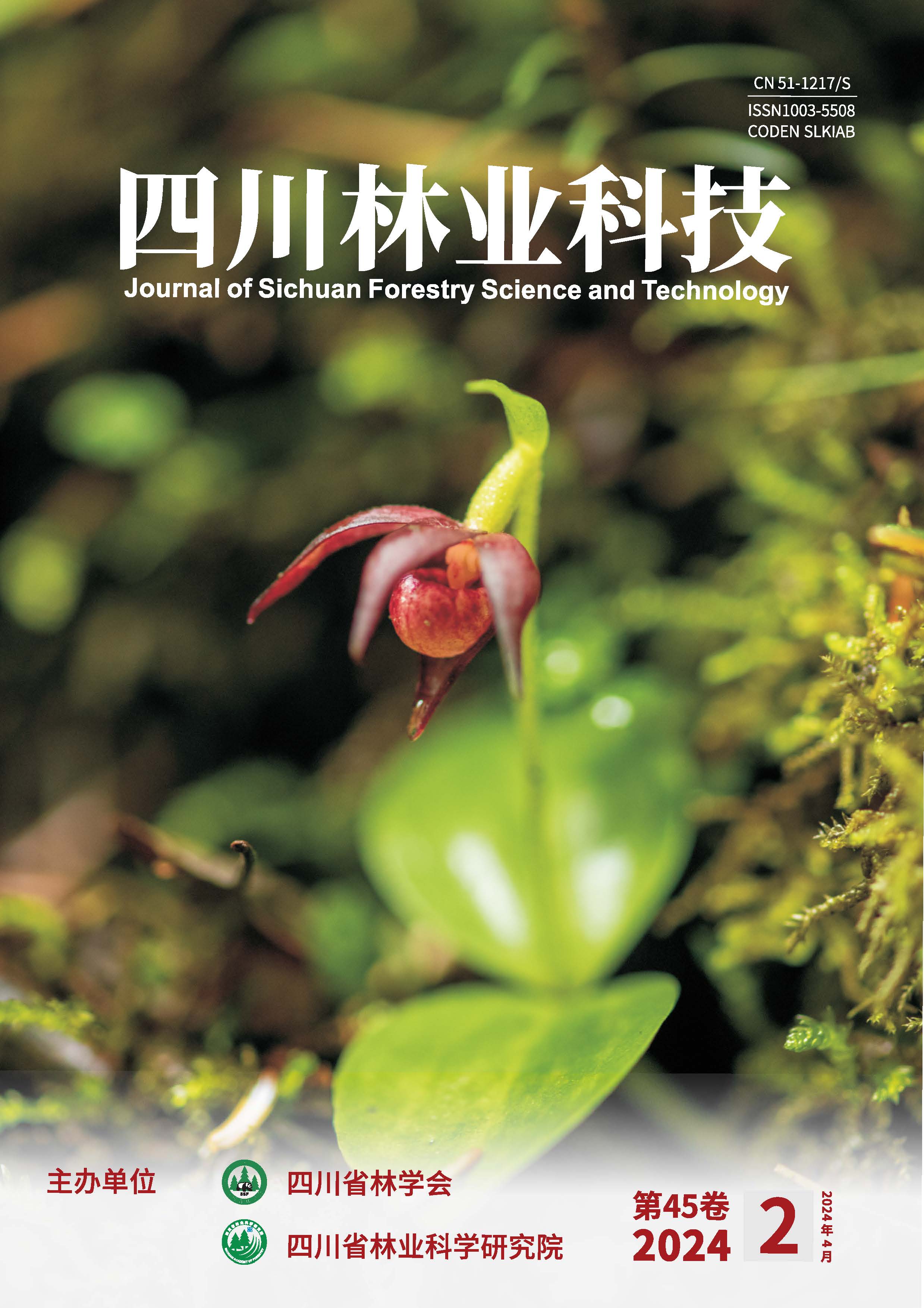

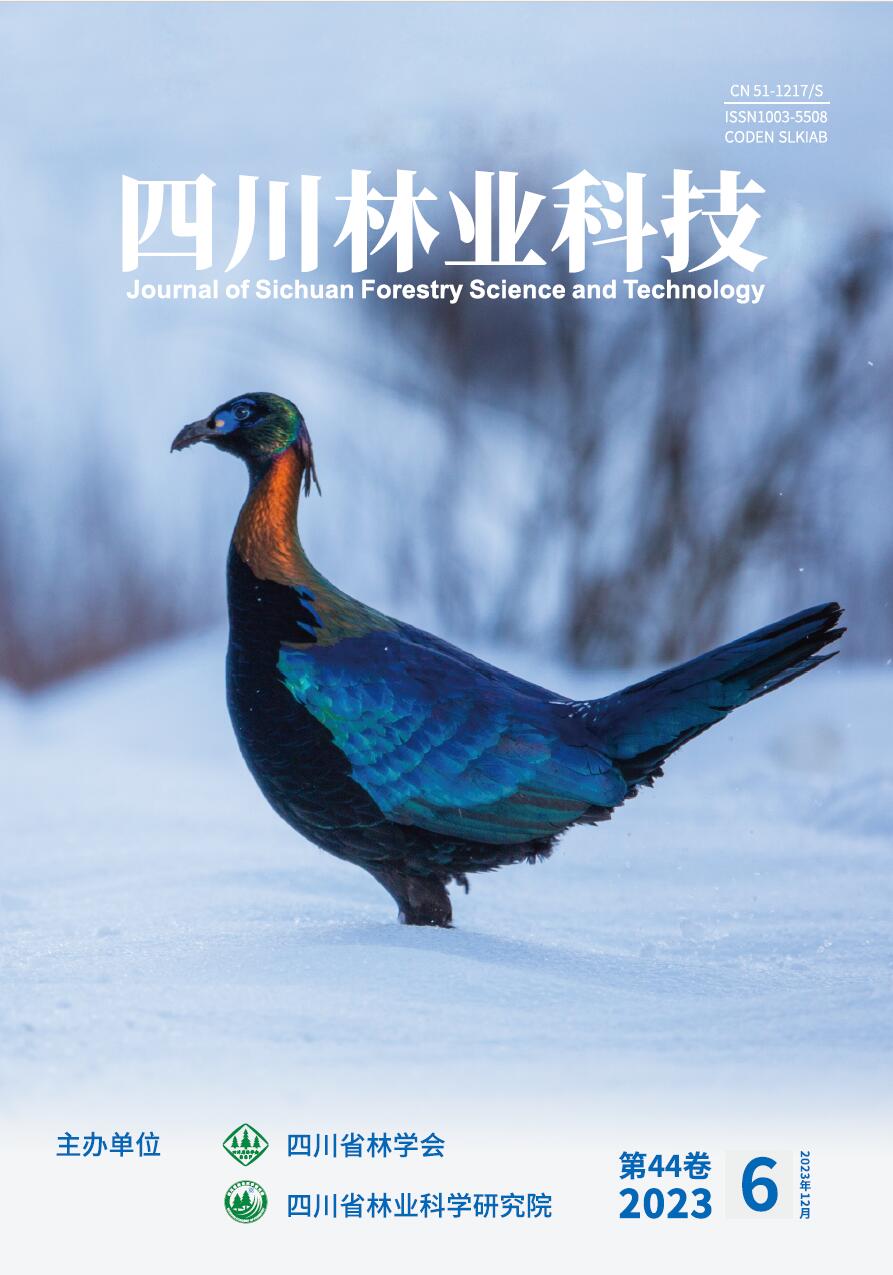
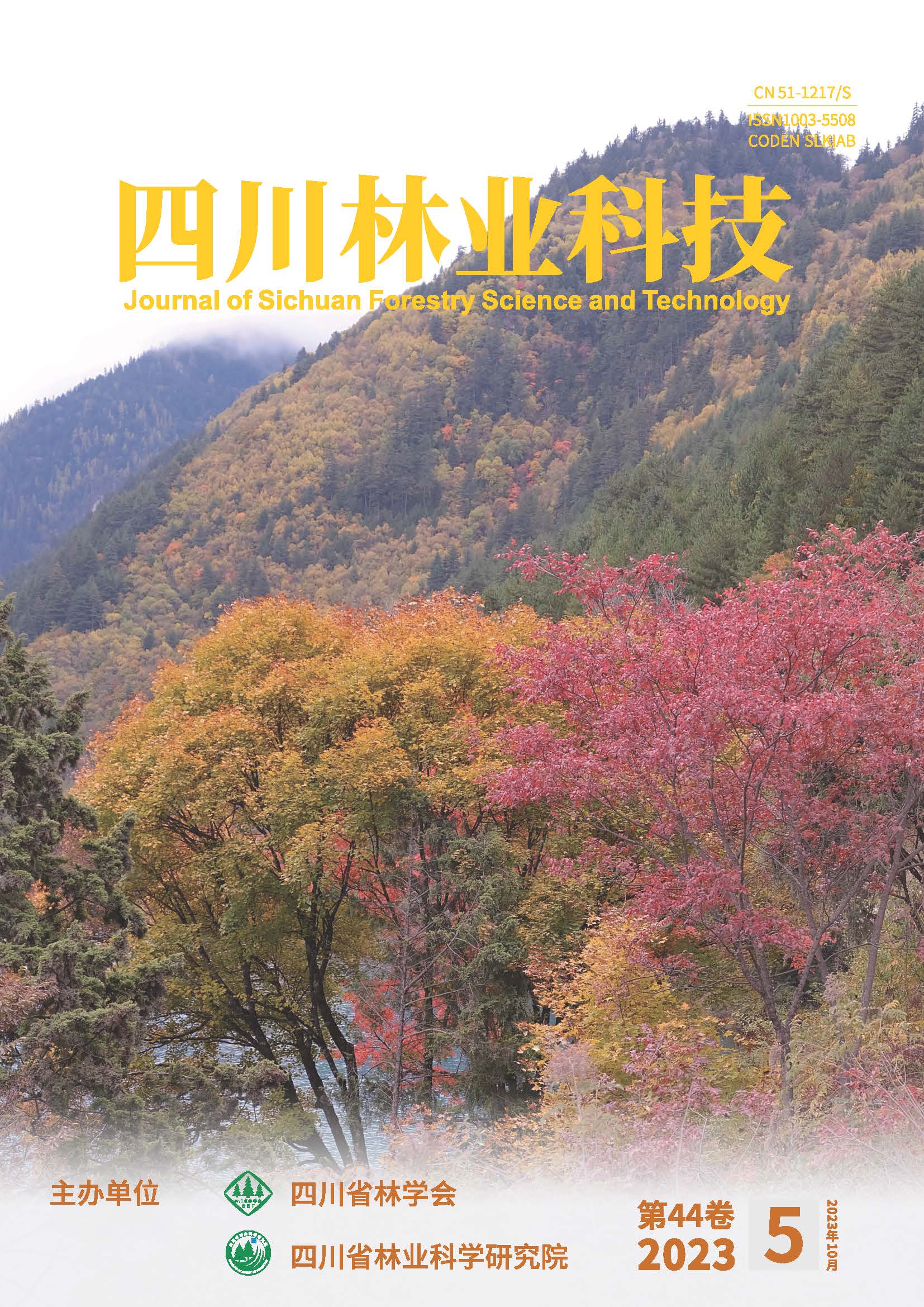
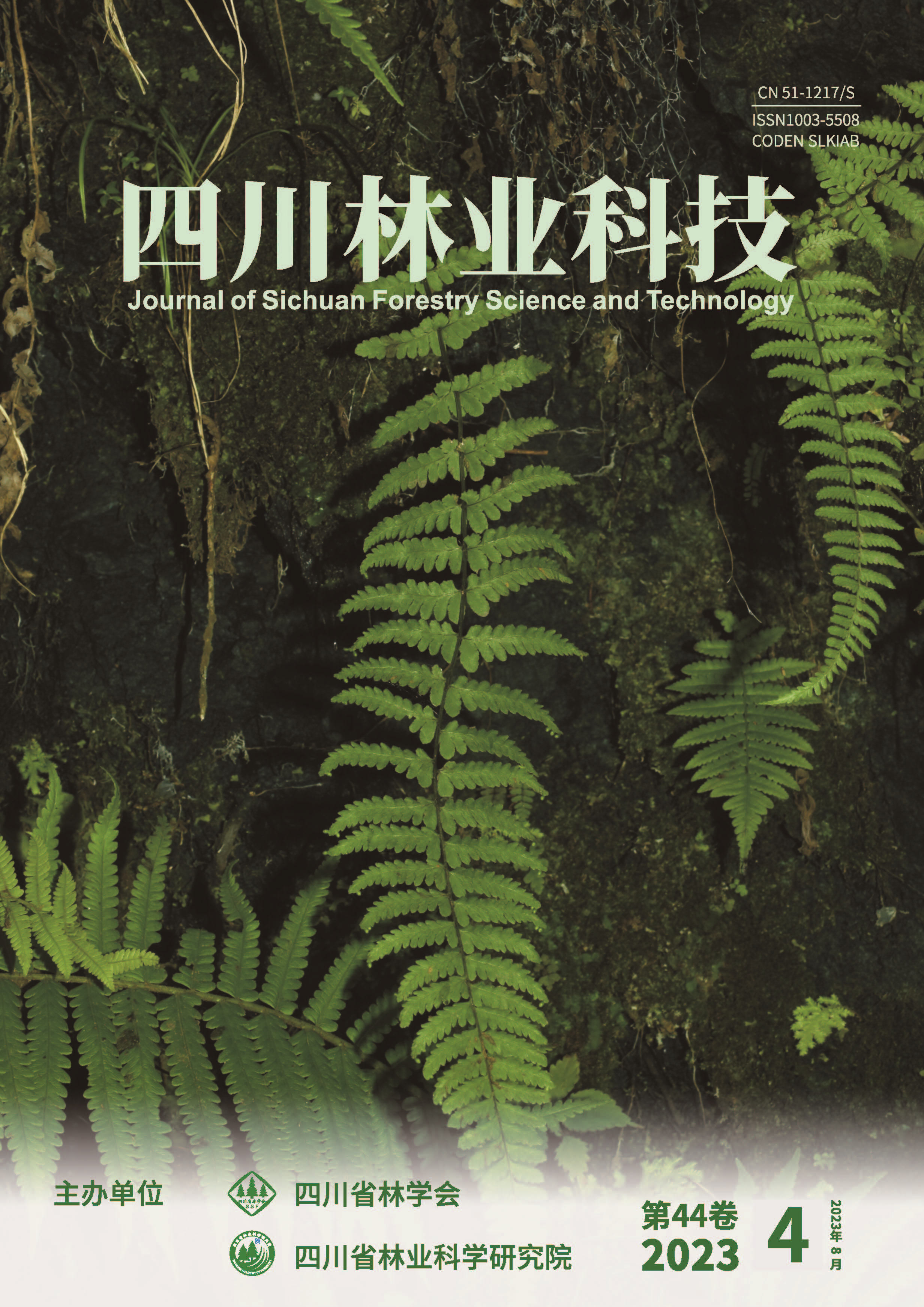
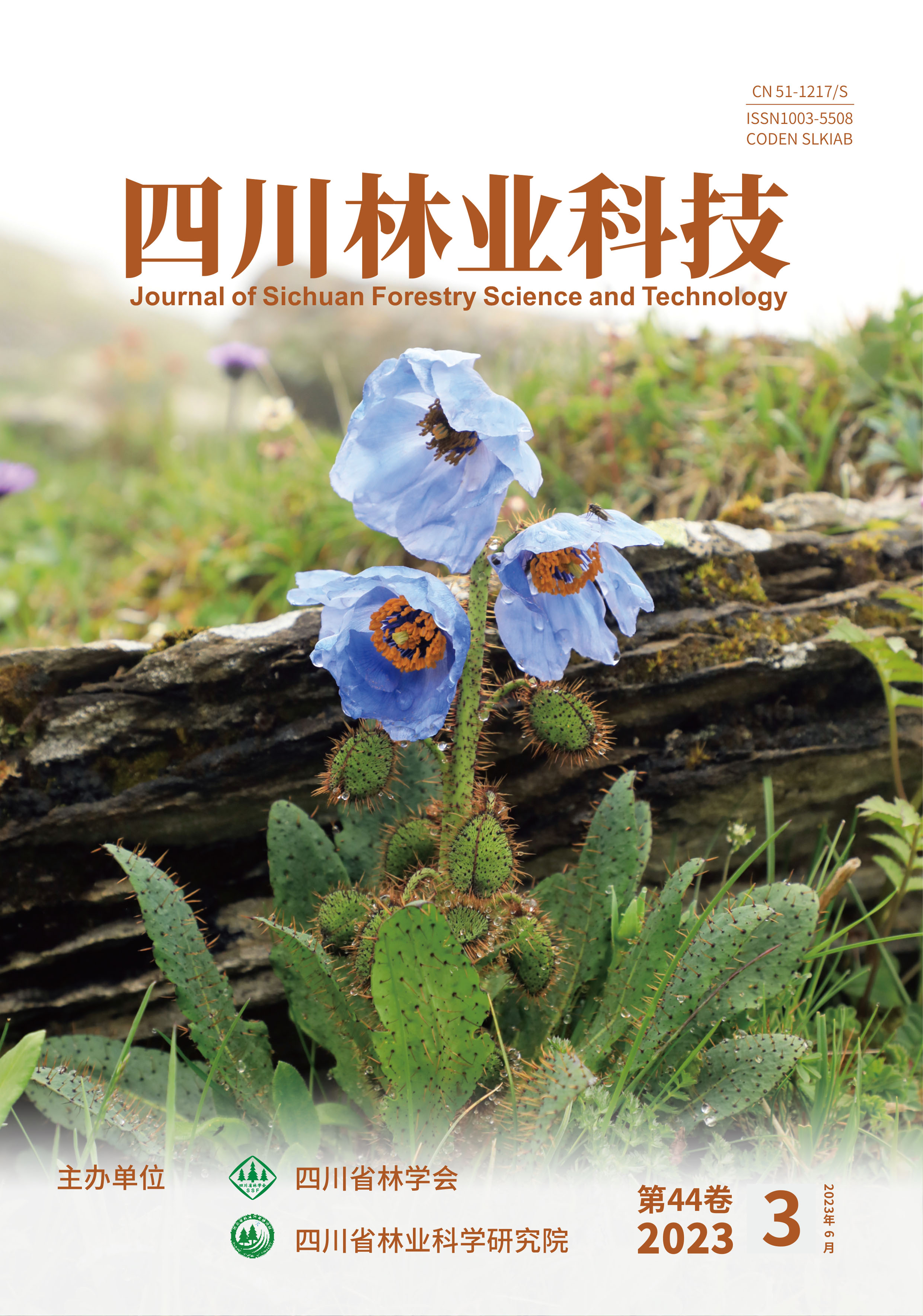
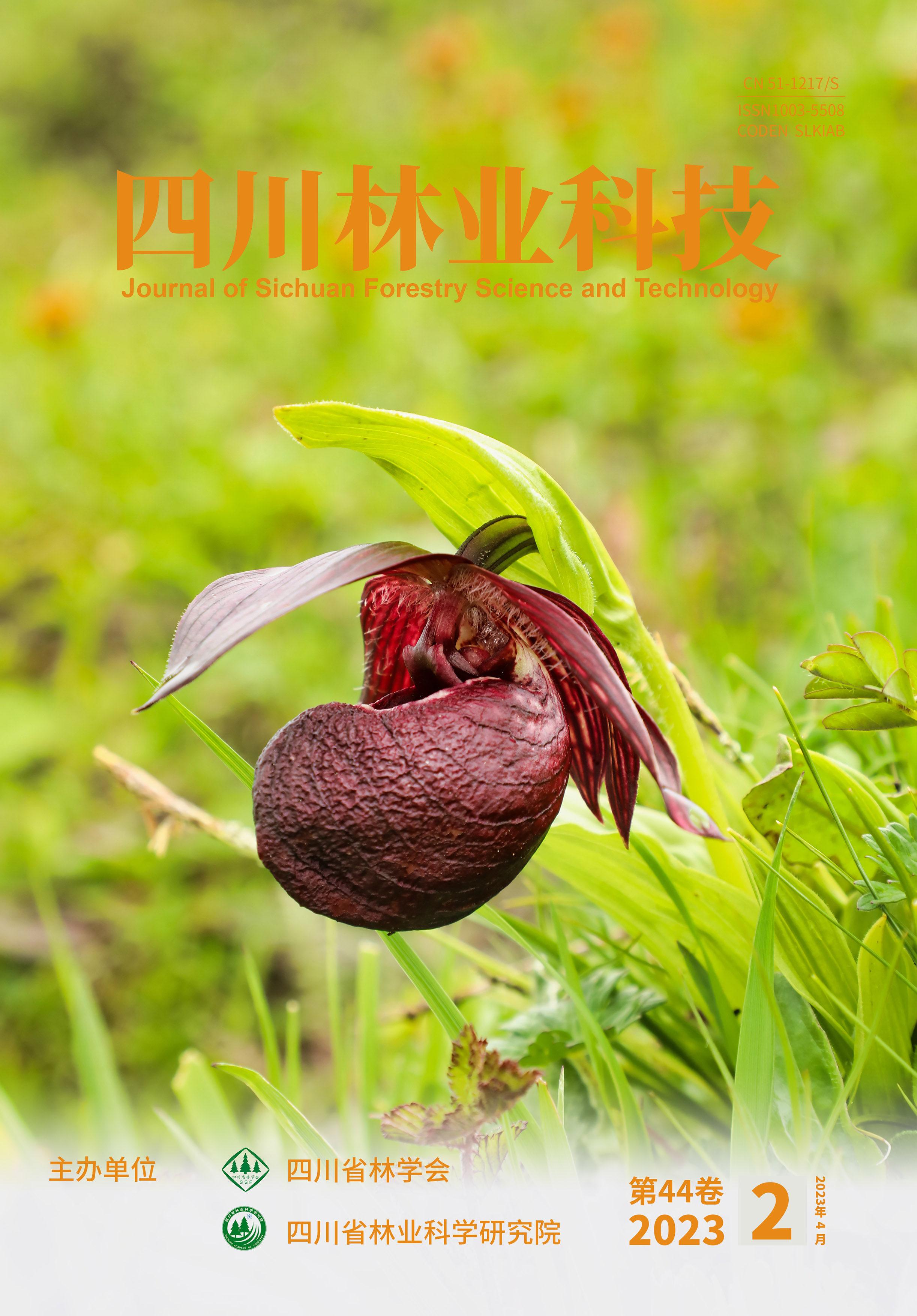
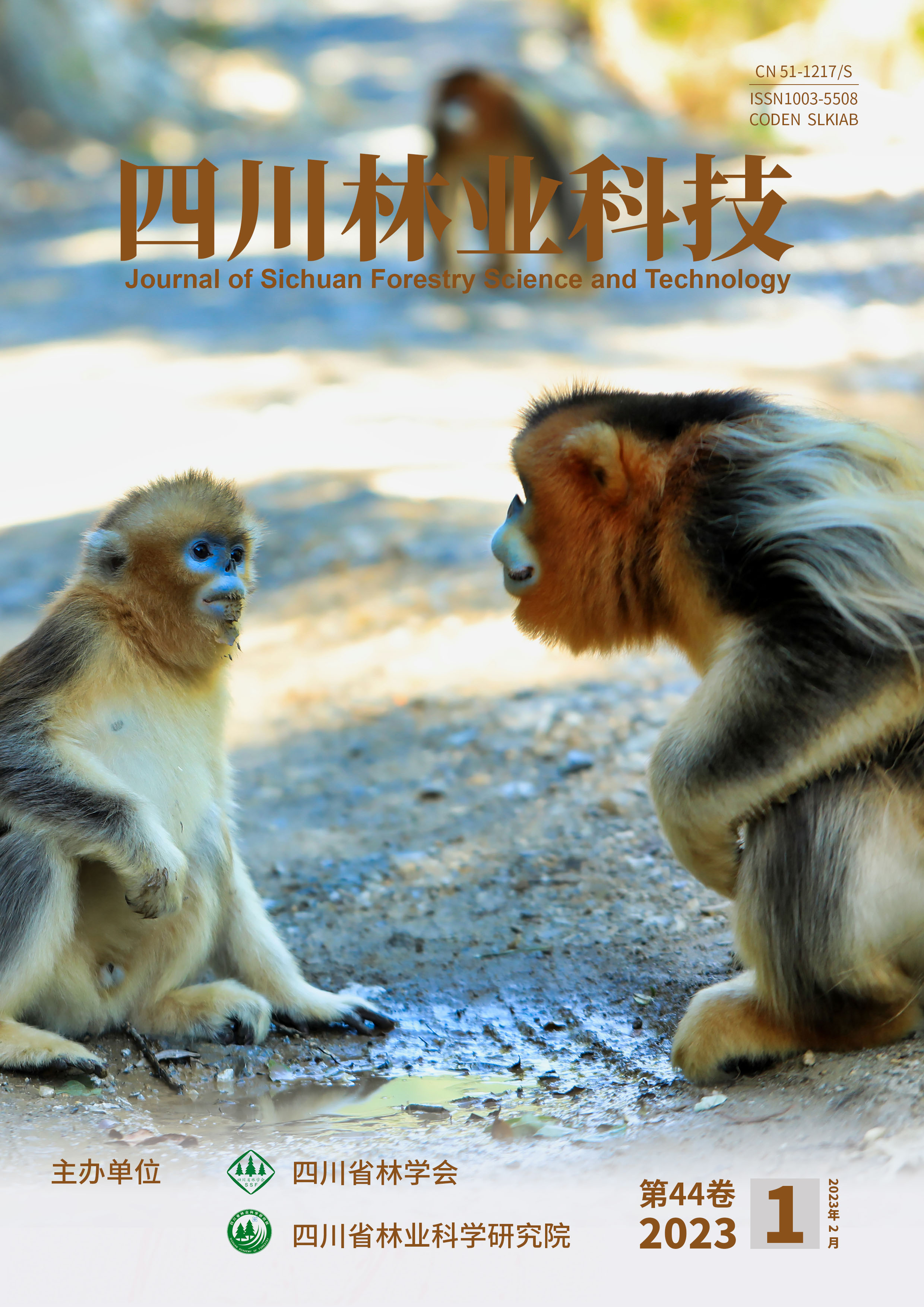
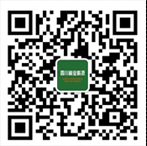

 DownLoad:
DownLoad: